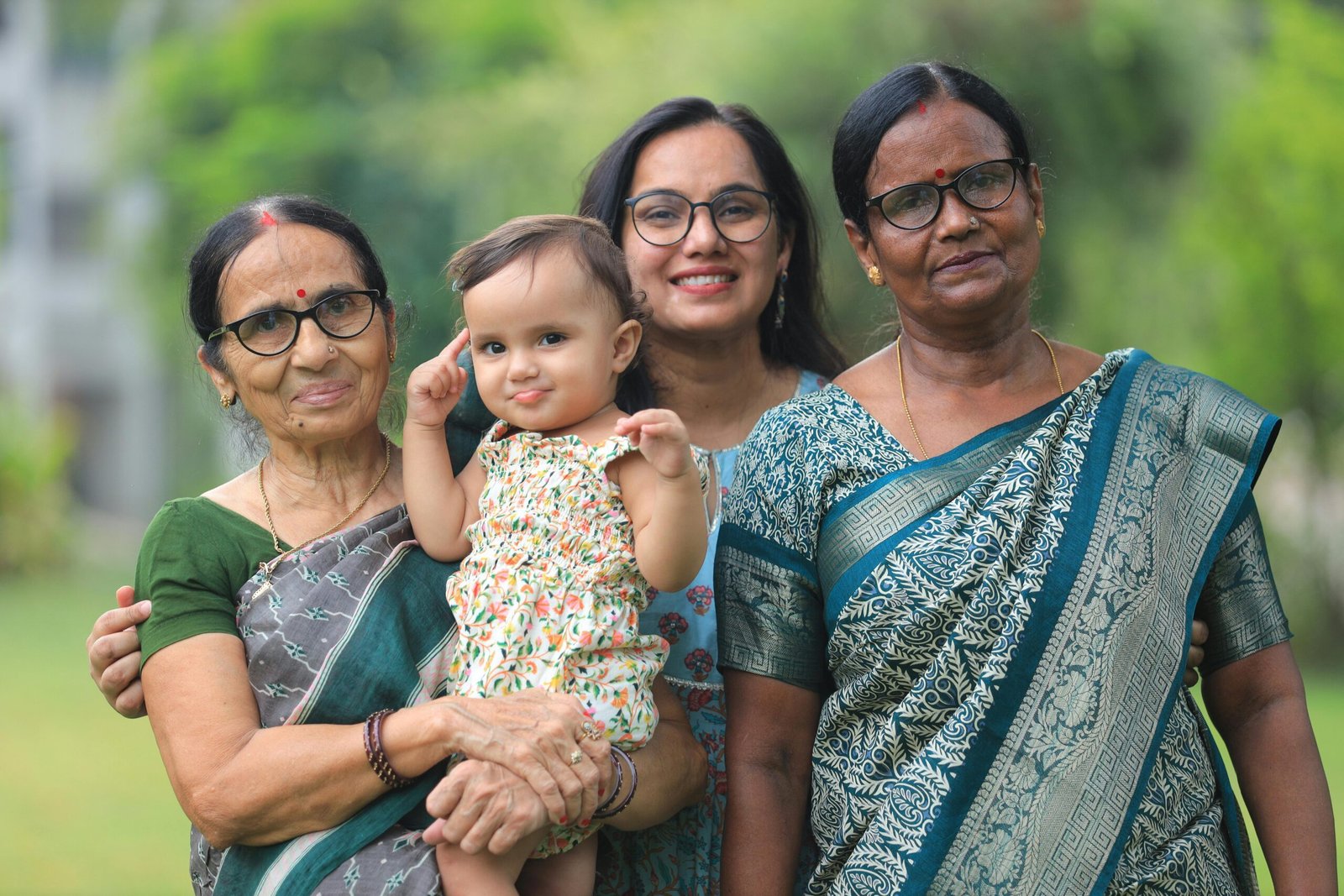
Caring for Aging Parents, Supporting Kids, and Managing Menopause
For many career women, midlife is a season of paradoxes. You are at the peak of your professional power, your children may still need guidance and emotional support, and your parents might be facing increasing health challenges. On top of that, your own body is shifting—menopause, with its hot flashes, sleep disruptions, and mood swings, can feel like an extra weight on an already full plate. The modern midlife woman is often managing the sandwich generation pressures: caring for both older and younger generations while navigating her own transition.
While it can feel overwhelming, the key is not to “do it all perfectly”—it’s to approach this stage strategically, with self-care, planning, and community. Here’s how career women can thrive in the midst of these intersecting responsibilities:
1. Prioritize Your Health: Menopause Isn’t Optional
Menopause is not just a phase—it’s a biological shift that impacts every aspect of daily life, from energy levels to mental clarity. Ignoring symptoms can make caregiving and parenting exponentially harder.
- Track symptoms: Keep a journal of hot flashes, sleep disruptions, and mood swings. Awareness helps in managing triggers.
- Sleep hygiene matters: With night sweats, insomnia is common. Consider lightweight, breathable pajamas or moisture-wicking sheets, and a consistent sleep schedule.
- Professional guidance: Don’t hesitate to talk to a gynecologist, endocrinologist, or menopause specialist about hormone or non-hormone treatments, supplements, and lifestyle adjustments.
Investing in your wellness is not selfish—it’s foundational. You can’t pour from an empty cup.
2. Support Aging Parents With Clarity and Compassion
Caring for aging parents can be emotionally and physically taxing, especially when balancing a career. The key is creating structure and setting boundaries:
- Communication is critical: Have open discussions about care preferences, financial planning, and medical decisions before crises arise.
- Seek professional support: Geriatric care managers, home health aides, or therapy can alleviate some of the pressure.
- Leverage technology: Telemedicine, medication reminders, and remote monitoring systems can make care more manageable.
Remember: you are their advocate, not their entire support system. Accepting help is not weakness—it’s strategy.
3. Support Your Kids Without Losing Yourself
Whether your children are teenagers, young adults, or still in elementary school, your guidance matters. Yet your midlife needs—career, health, and emotional well-being—must remain a priority:
- Create dedicated family time: Even 30 minutes of undivided attention each day builds connection and reduces guilt.
- Encourage independence: Teach life skills, problem-solving, and self-responsibility. This reduces your mental load over time.
- Communicate openly: Adolescents may notice changes in your energy or mood. Explaining that you’re experiencing midlife changes fosters empathy and healthy dialogue.
Your children benefit from seeing you model resilience, balance, and self-care—lessons far more lasting than perfection.
4. Build Systems and Boundaries
The secret to surviving the “triple load” of career, family, and menopause is structure:
- Time-block your schedule: Assign slots for work, family, and personal care. Consistency reduces stress.
- Delegate strategically: Household chores, errands, and administrative tasks can be shared with partners, older children, or professional services.
- Set emotional boundaries: Protect your mental health by recognizing what is within your control and what isn’t.
When systems are in place, you can approach each day with more clarity and less guilt.
5. Find Your Community
You are not alone. Midlife women balancing care for parents, children, and themselves often feel isolated, but community can be transformative:
- Peer support groups: Look for local or online groups for menopause, caregiver support, or career women in midlife.
- Mentorship: Seek mentors or mentees. Mutual support creates perspective, accountability, and resilience.
- Professional allies: Talk to HR or wellness programs about flexible scheduling, mental health support, and caregiver accommodations.
Community reminds you that this juggling act is challenging, yes—but also possible.
Conclusion: Redefining Midlife
Caring for aging parents, supporting kids, and managing menopause is not a burden—it’s a powerful season of growth, resilience, and reinvention. Women who navigate this period successfully do so by prioritizing their health, building systems, seeking support, and embracing self-compassion.
Midlife is not the end of ambition or vitality. It is a period of power, clarity, and purpose. By taking proactive steps to manage your health and responsibilities, you can model balance for your children, provide dignified care for your parents, and show the world that women in midlife are unstoppable. It’s not about doing it all perfectly—it’s about doing it intentionally, with your well-being at the center.








